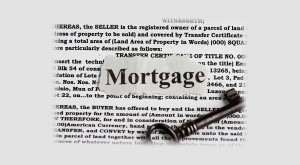
May 23, 2016
Mortgage Rate Trends: Higher After Fed Minutes Released
Mortgage rates closed out the week sharply higher, moving upwards on Wednesday after the release of Fed minutes which indicate that a June or July interest rate hike by the Fed is a possibility. Since Wednesday there was a bit of recovery, but rates have held at the higher numbers and it’s possible we’ll see the rates listed here persist unless there is further recovery–something that may not be as likely if investors are jittery about a possible interest rate increase soon. The Fed raising interest rates doesn’t mean they are directly adjusting mortgage loan interest rates, but investor reaction to the Fed’s actions can and likely will have some kind of reciprocal effect even if it’s just in the short term. At the time of this writing, 30-year fixed | more...







